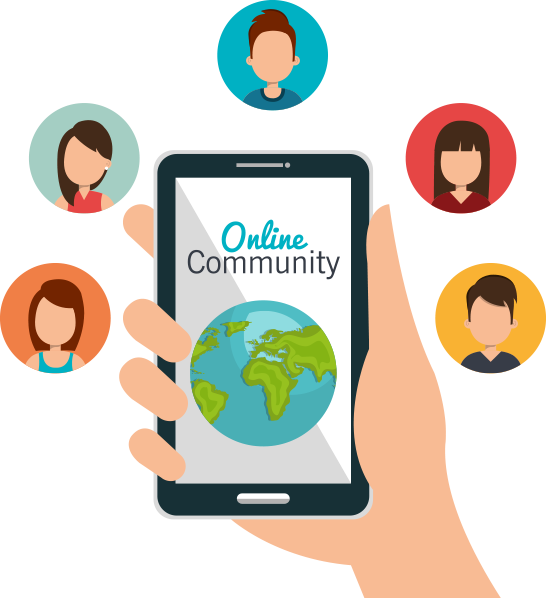Ethics
Social-impact organizations and policymakers have an obligation to understandthe ethical approaches used in designing advance technology, especially how they affect marginalized and vulnerable populations. The Business Ethical Design Framework was launched in June 2018 as a tool to create an intentional design that incorporates key ethical questions for the development and use of Business. A summary of the Framework is presented in this paper. The overarching goals of the Framework are to (1) give decisionmakers an outcome-focused and user-centric tool to assess the context-specif ical implications of their Business design and implementation choices; and (2) to enable decisionmakers to use this understanding to make the appropriate values-based choices to achieve better social outcomes. For the purposes of this Framework, “decisionmaker” is considered to be anyone who is influencing a social-impact solution that may involve the design and implementation of a Business. Furthermore, the Framework should be used in a collaborative way that actively involves all critical stakeholders throughout the process, from problem definition through execution. The stak the relevant ecosystem.
“Ethics” is the word du jour in tech, and it’s for a good reason. As the connected age emerges into adulthood, we are coming to terms with the consequences of decisions made in garages and coffee shops and dorm rooms years ago; solutions built to keep us engaged are distorting our understanding of reality. Platforms built to connect us are becoming breeding grounds of hatred and division. It turns out that even small choices can have a monumental impact when amplified through a user base of billions.
